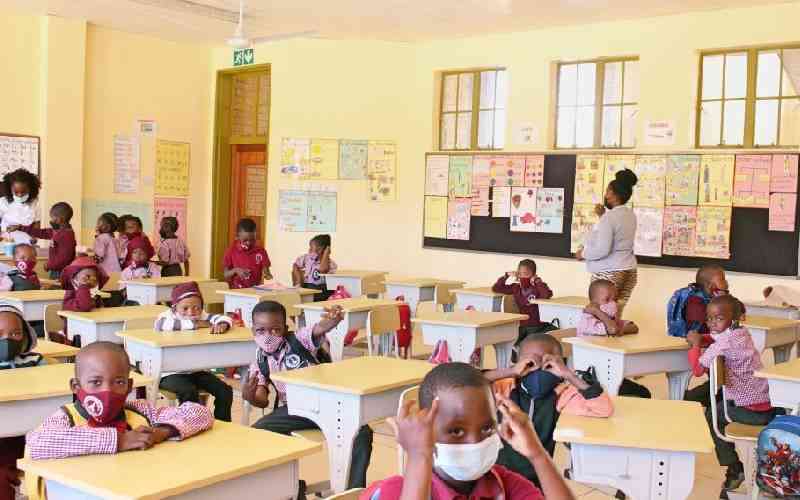×
The Standard e-Paper
Smart Minds Choose Us

Mosokotso land is located in Botswana's southern district of Kweneng, just 5 km outside Molepolole, one of the country's largest villages. In a small room in the yard of the Village Development Committee (VDC), students are reading out the names of the animals.
Due to the severe poverty and lack of resources in the area, one might think that the students are receiving their education in poor conditions because of the small room with no furniture, but in fact, the students are content to be here because it is all they have.